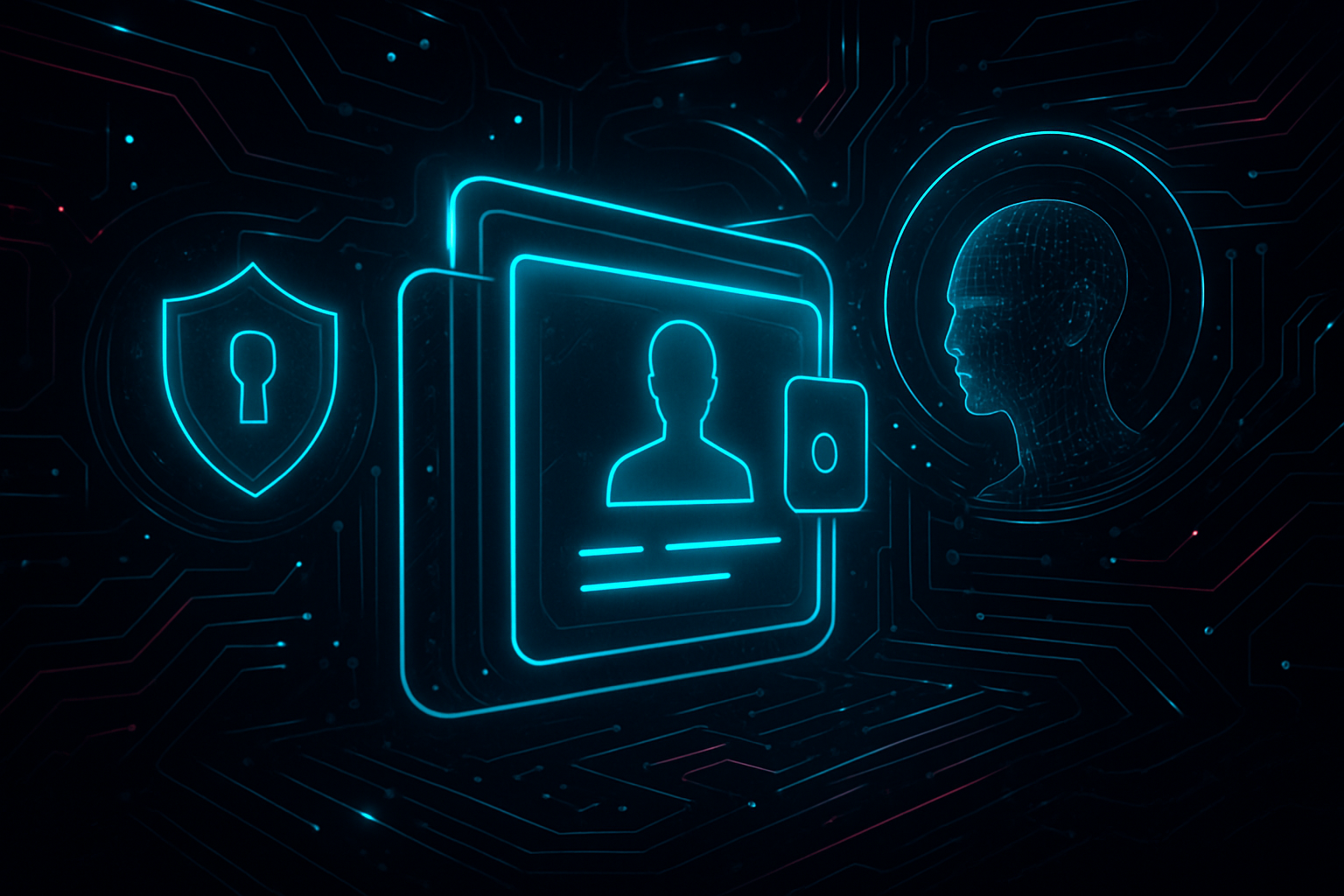
Zero-knowledge proofs (ZKPs) are rapidly transforming the landscape of decentralized identity wallets, offering a leap forward in privacy-preserving digital identity management. In a world where personal data breaches and surveillance are ever-present risks, ZKPs allow individuals to prove facts about themselves without exposing sensitive underlying information. This cryptographic innovation is at the heart of zk identity wallets and self-sovereign identity systems, empowering users with control and security that legacy platforms simply cannot match.

Why Zero-Knowledge Proofs Are Essential for Privacy
Traditional digital identity systems often require users to hand over far more information than necessary. For example, proving your age to access a service might mean revealing your full birthdate or even your entire government ID. With ZKPs, you can demonstrate that you meet a requirement, such as being over 18, without disclosing any extra details. This concept, known as selective disclosure, dramatically reduces the attack surface for data breaches and protects user privacy at every step.
ZKPs work by allowing one party (the prover) to convince another party (the verifier) that a statement is true without sharing the statement itself. In decentralized identity wallets, this means you can verify credentials or attributes without ever exposing the raw data behind them.
Key Benefits of ZKPs in Decentralized Identity Wallets
Key Benefits of ZKPs in Decentralized Identity Wallets
-
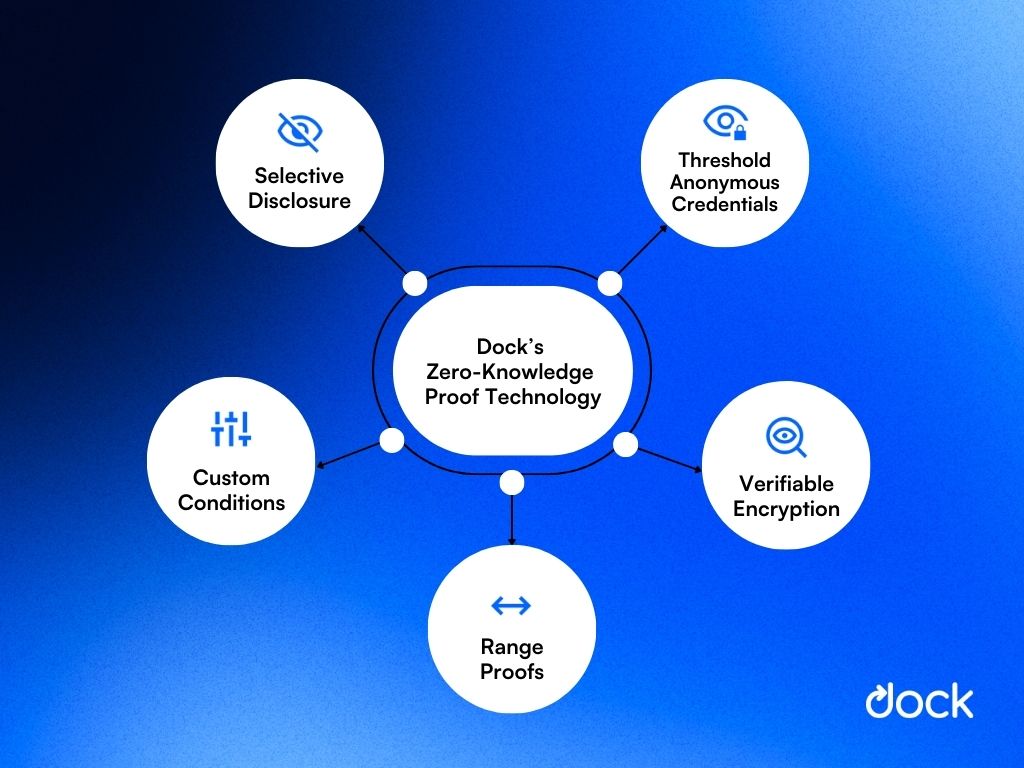
Selective Disclosure: ZKPs allow users to prove specific attributes, such as being over 18, without revealing sensitive details like their exact birthdate. This minimizes unnecessary data sharing and enhances privacy.
-

Enhanced Security: By verifying identity attributes without exposing underlying data, ZKPs significantly reduce the risk of data breaches and identity theft in decentralized identity wallets.
-

User Control and Sovereignty: Individuals retain full control over their identity data, choosing exactly what information to share and with whom, reinforcing the principle of self-sovereign identity.
-
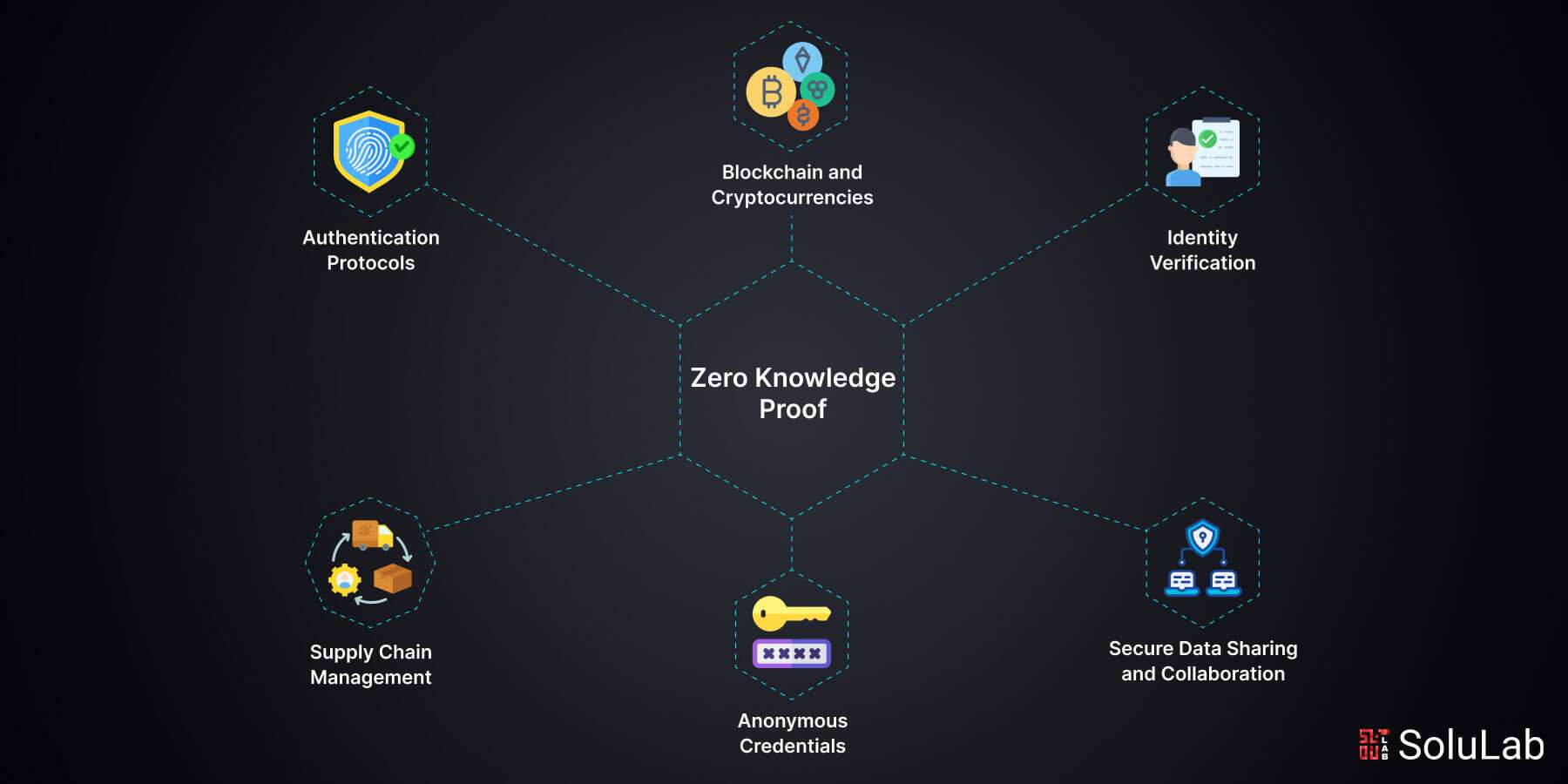
Regulatory Compliance: ZKPs facilitate compliance with privacy regulations like GDPR by enabling data minimization and ensuring that user consent is always required for data sharing.
-
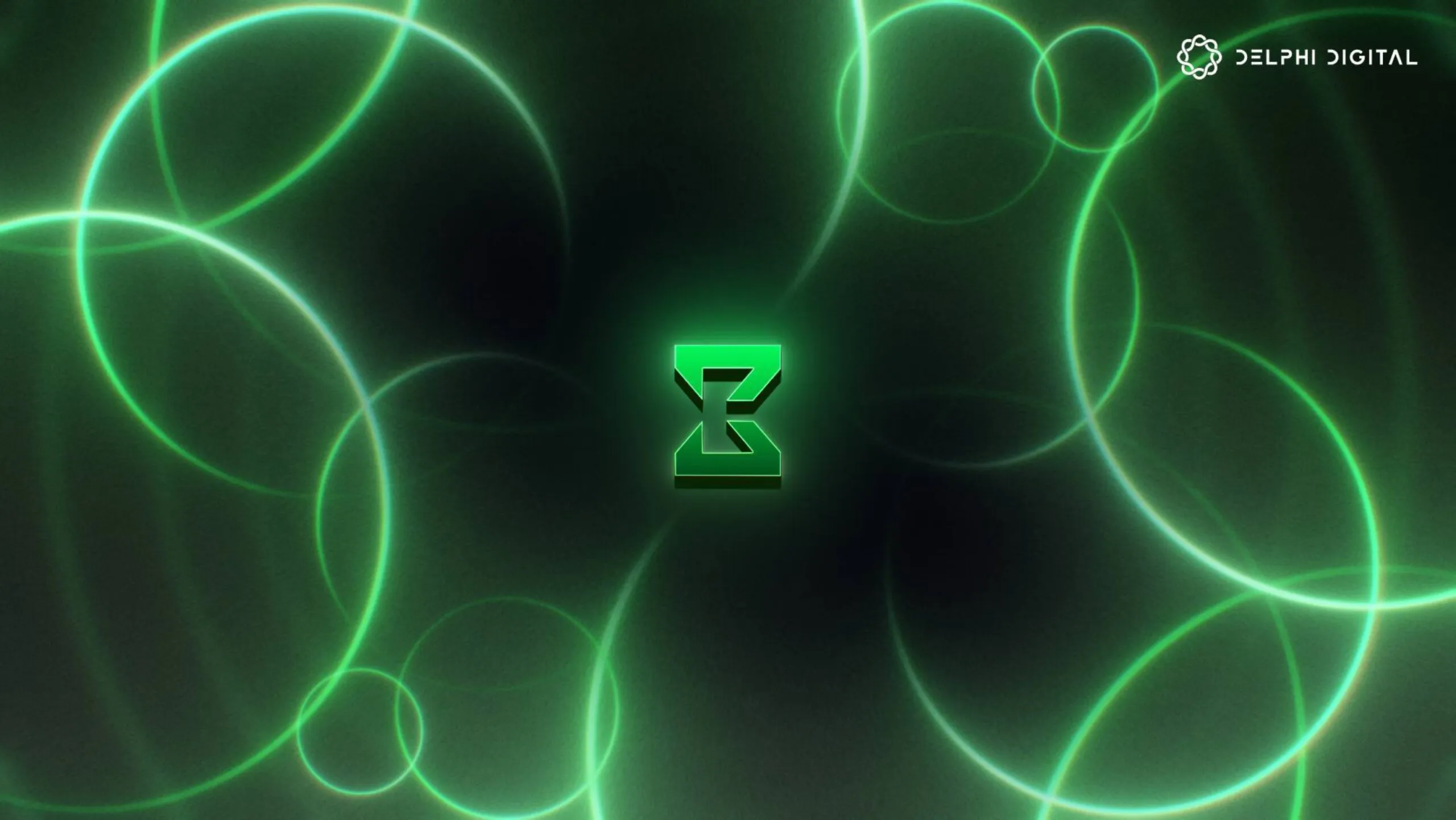
Real-World Applications: Solutions like zkLogin, Polygon ID, and ZK-KYC leverage ZKPs to provide secure, privacy-preserving identity verification for blockchain transactions and decentralized applications.
The integration of ZKPs into blockchain-based ID solutions brings several tangible advantages:
- Selective Disclosure: Prove just what’s needed, nothing more.
- Enhanced Security: Minimize exposure of personal data to reduce risk of breaches or misuse.
- User Control: Retain sovereignty over what information is shared and with whom.
- Regulatory Compliance: Facilitate GDPR-style data minimization and explicit consent requirements.
Real-World Applications: From zkLogin to ZK-KYC
The practical impact of ZKP technology is already visible across leading decentralized identity projects. Consider zkLogin, which enables blockchain transactions authenticated via familiar platforms like Google or Facebook, but with an important twist. Thanks to ZKPs, the connection between your off-chain (real-world) and on-chain (blockchain) identities remains invisible even to the platform itself. Similarly, tools like Polygon ID use zero-knowledge proofs so users can prove eligibility for services or DAO participation without revealing personal details.
ZK-KYC solutions are also gaining traction, especially as regulators demand robust Know Your Customer processes without compromising user privacy. By leveraging ZKPs, these systems let users prove compliance with KYC rules while keeping their identities confidential, a breakthrough for both privacy advocates and compliance teams alike.
The Market Context: Why Now?
This surge in adoption isn’t happening in a vacuum. As scrutiny around data protection intensifies worldwide, decentralized identity wallets powered by zero-knowledge technology offer a compelling answer to both regulatory requirements and user expectations for privacy-first digital experiences. The latest innovations show that it’s possible to satisfy verification demands without surrendering control over your most sensitive information, a paradigm shift that’s reshaping how we think about online trust.
Developers and organizations are responding to this shift by investing in robust, standards-driven protocols for zk identity wallets. The adoption of zero-knowledge proofs is not just a technical upgrade but a fundamental reimagining of how digital identity can work in a decentralized, user-centric world. As more projects integrate ZKPs for privacy-preserving digital identity, users gain the confidence to participate in blockchain ecosystems without fear of pervasive tracking or data exploitation.
Challenges and Future Directions
While the benefits of ZKPs are clear, the technology is not without hurdles. Performance and scalability remain active areas of research; generating and verifying zero-knowledge proofs can be computationally intensive, especially on resource-constrained devices like smartphones. Usability is another challenge, abstracting complex cryptographic processes into seamless user experiences is critical for mass adoption. Projects like Polygon ID and zkLogin are making significant strides here, but ongoing innovation will be essential.
Regulatory frameworks are also evolving. While ZKPs align well with principles like data minimization under GDPR, legal interpretations may vary across jurisdictions. Ongoing dialogue between technologists, regulators, and privacy advocates will shape the standards that define self-sovereign identity in the years ahead.
Leading Decentralized Identity Projects Using ZKPs
-
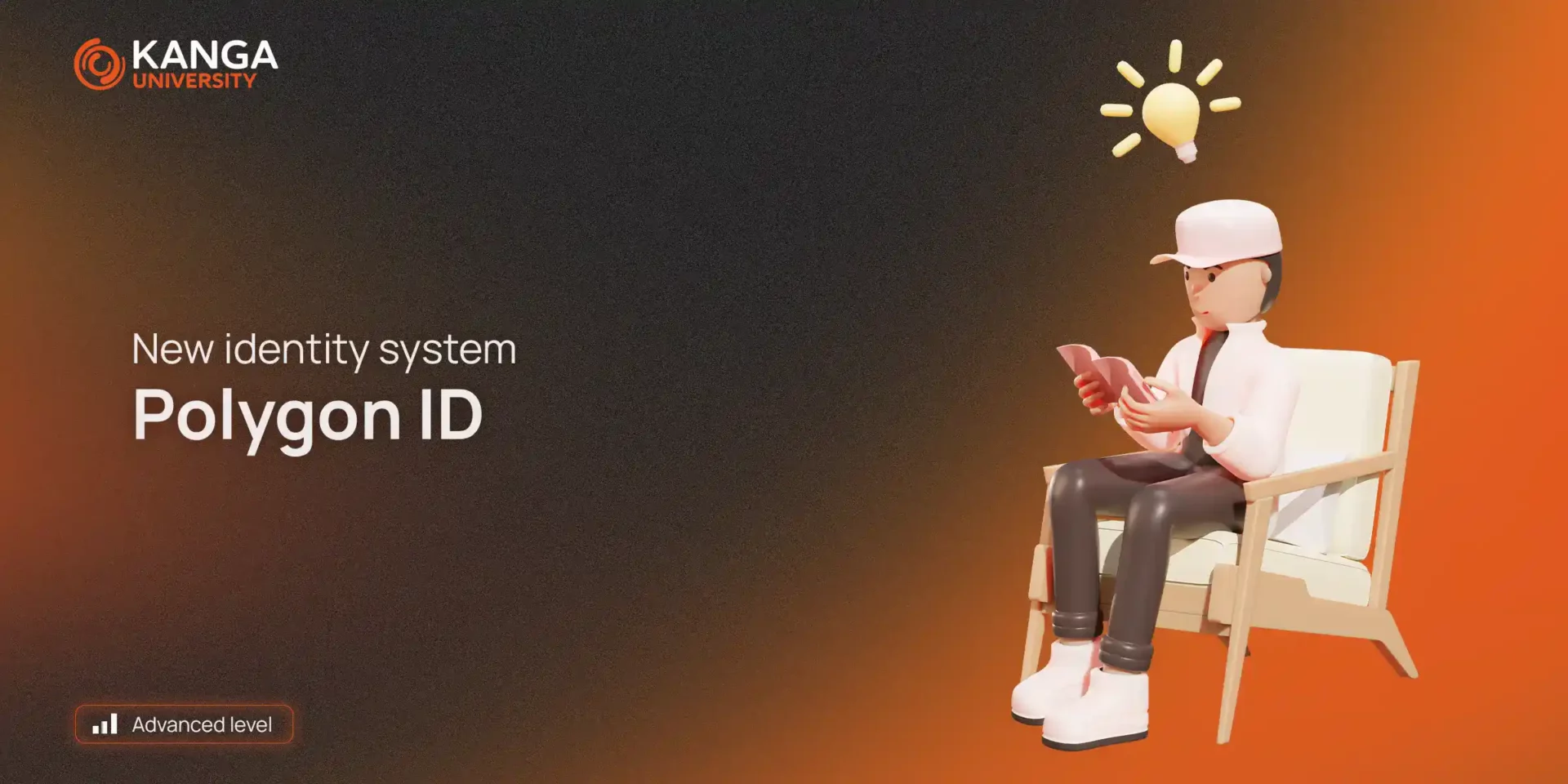
Polygon ID – A self-sovereign identity platform built on the Polygon blockchain, Polygon ID leverages zero-knowledge proofs to enable users to verify credentials (such as age or citizenship) without revealing sensitive personal data. Its integration with decentralized apps and DAOs enhances privacy and user control.
-
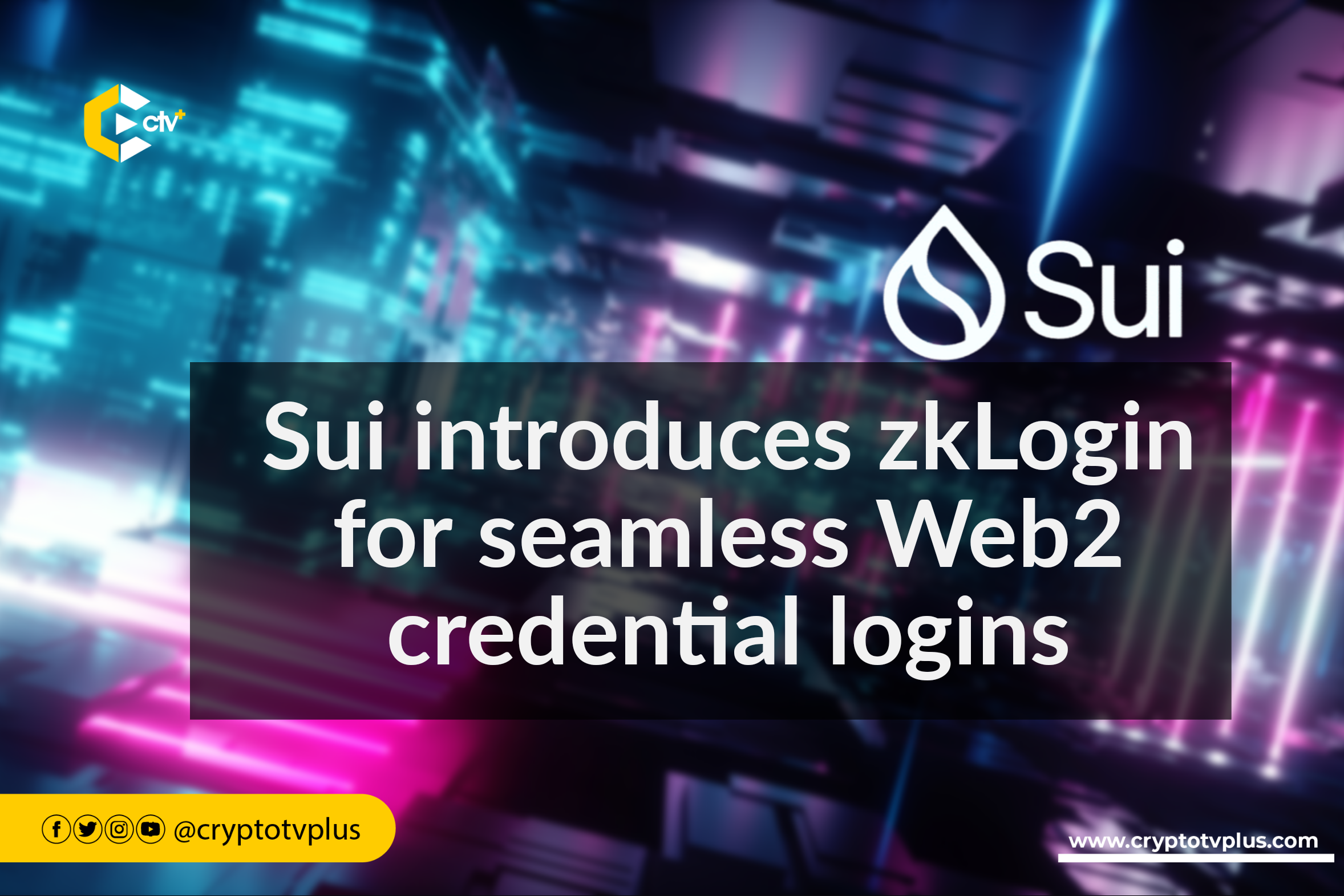
zkLogin – Developed by Mysten Labs for the Sui blockchain, zkLogin allows users to authenticate blockchain transactions using identity tokens from platforms like Google or Facebook. Zero-knowledge proofs ensure that users can link their off-chain and on-chain identities privately, even hiding this link from the identity provider.
-
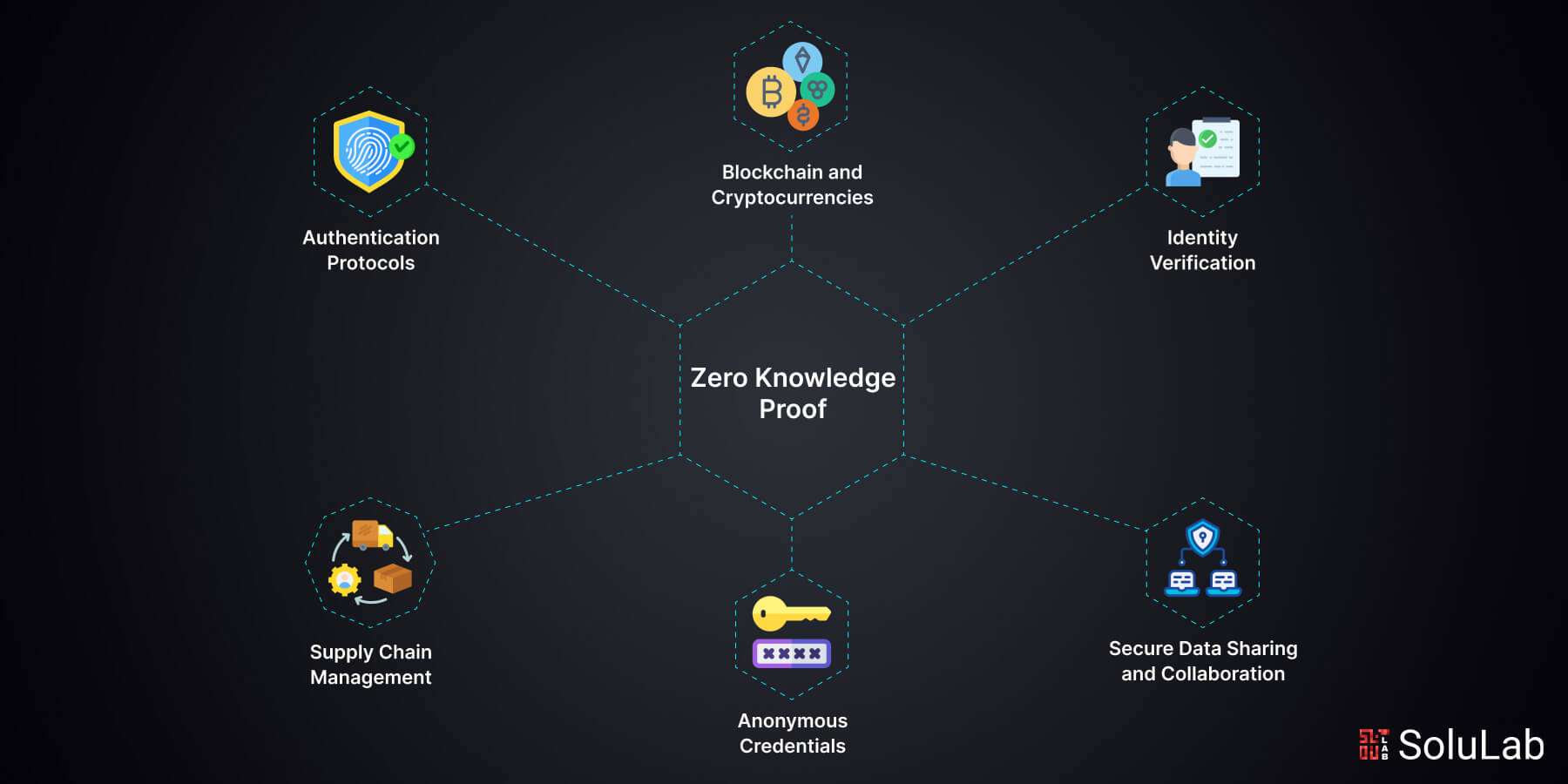
ZK-KYC – Zero-Knowledge Know Your Customer (ZK-KYC) solutions are being adopted by projects like zkSync and Polygon ID. These systems let users prove compliance with KYC requirements without exposing their full identity, supporting privacy regulations and reducing data exposure.
-
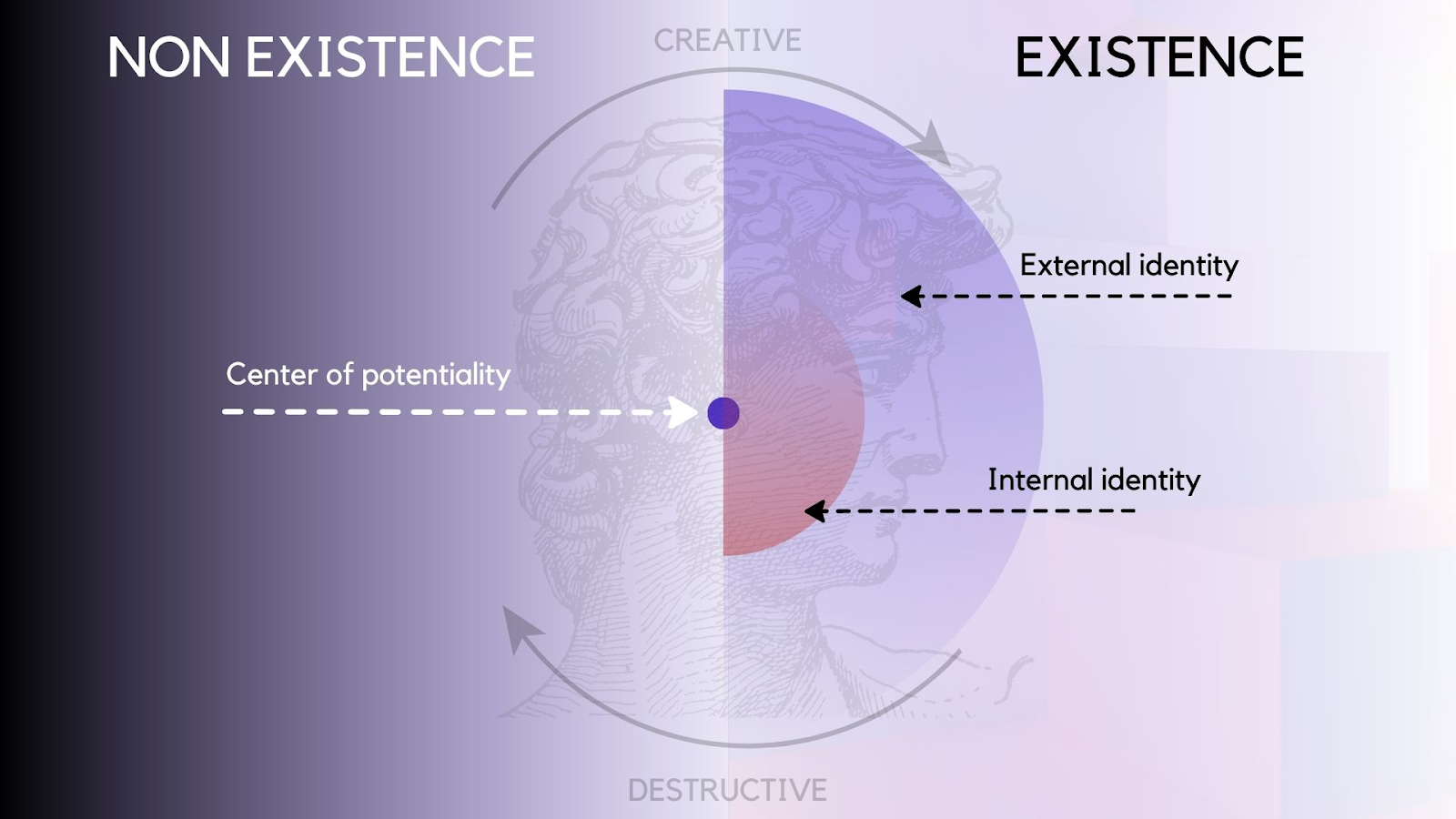
Iden3 – The team behind Polygon ID, Iden3 offers an open-source protocol for decentralized identity management using zero-knowledge proofs. It allows for selective disclosure of credentials, empowering users to control what information they share.
-
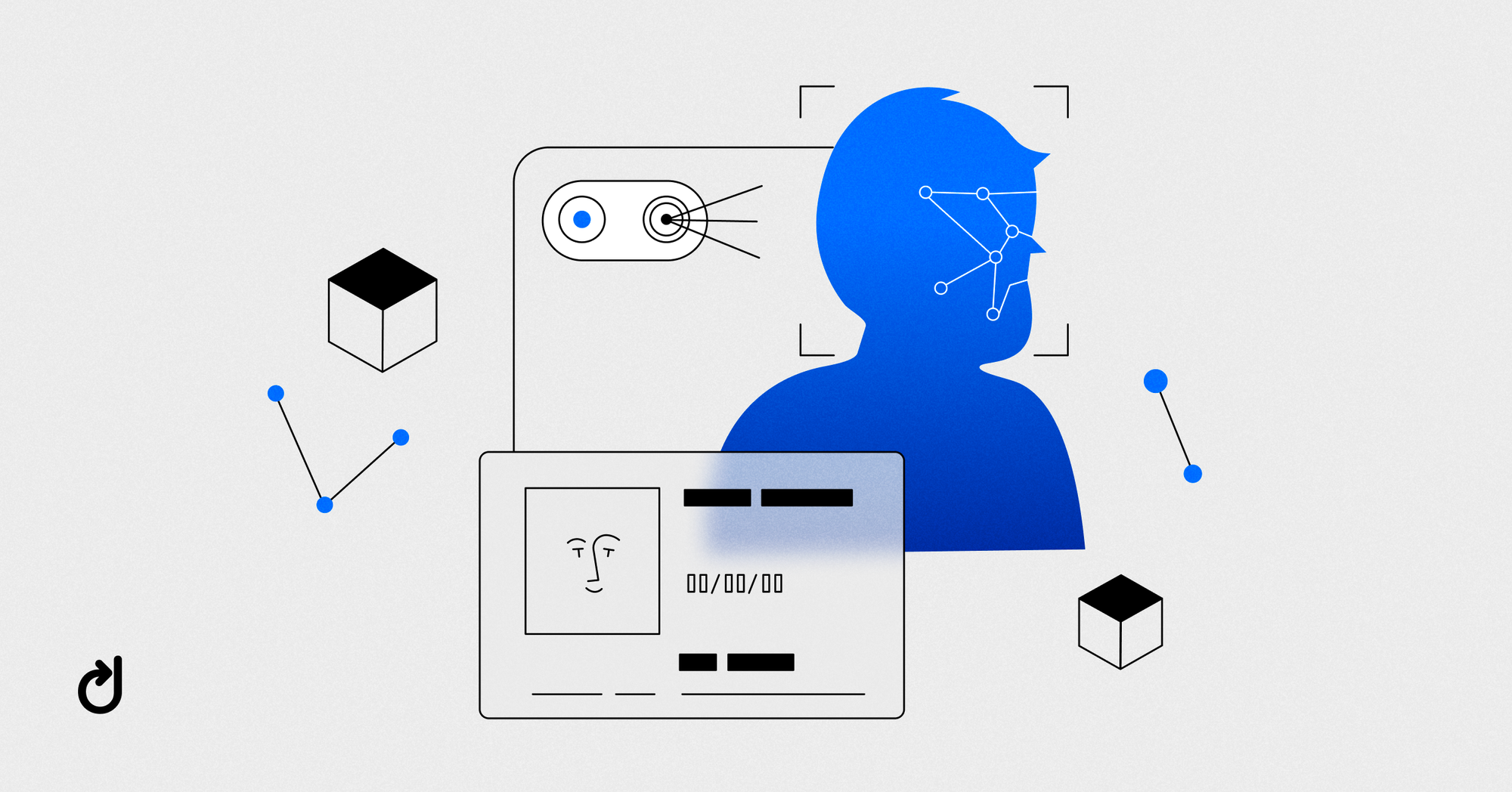
Dock – The Dock platform employs zero-knowledge proofs in its decentralized identity solutions, enabling organizations and individuals to issue, verify, and manage credentials with enhanced privacy and minimal data exposure.
How to Get Started with ZK Identity Wallets
For individuals keen to take control of their digital footprint, exploring a zk identity wallet is an excellent first step. Many leading wallets now offer integrations with decentralized identifiers (DIDs) and support for zero-knowledge proof-based authentication. Look for solutions that emphasize open standards, interoperability, and transparency about how your data is handled.
If privacy matters to you online, ZKPs are not just a feature, they’re becoming the foundation for trustless interactions in tomorrow’s internet.
Whether you’re a developer integrating blockchain identity verification or simply someone who values privacy-preserving digital identity tools, staying informed about the latest advancements in zero-knowledge technology can help you make empowered decisions.
The evolution toward self-sovereign identity is accelerating as ZKP-powered solutions mature. By minimizing unnecessary data sharing and maximizing user agency, decentralized identity wallets equipped with zero-knowledge proofs offer a pragmatic path forward, one that aligns both with regulatory demands and the growing public expectation for real privacy online.






